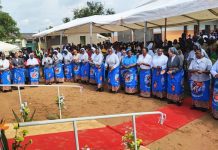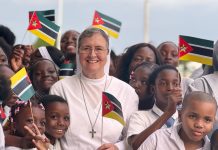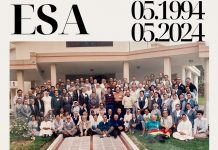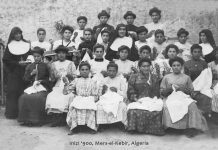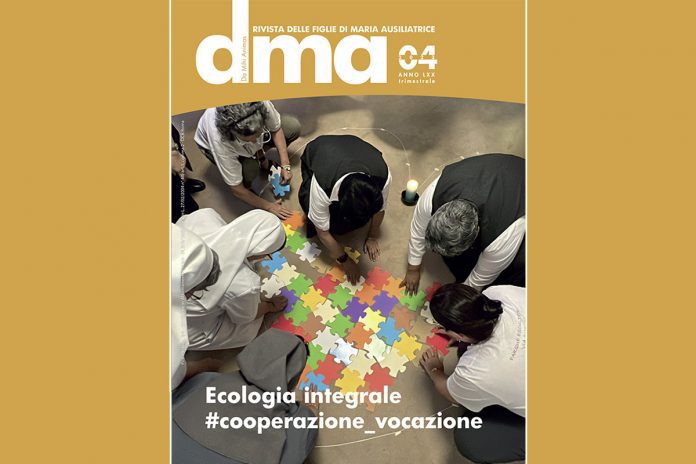Rome (Italy). The fourth issue of the magazine Da Mihi Animas (DMA) of year 2023 has been published, which dealt with the theme suggested by the deliberation of GC XXIV of the Institute of the Daughters of Mary Help of Christians that asks the Educating Communities to undertake a “concrete and continuous journey of conversion to integral ecology, taking on the seven objectives of Laudato si’, in the spirit of the Preventive System.”
The magazine studied the theme by outlining it into four binomials, one for each issue, inspired by the seven objectives of Laudato si’ and presented on the cover according to this scan: 1st #justice_care (the cry of the earth and of the poor); 2nd #sustainablity_sharing (Ecological Economy); 3rd #meekiness_moderation (Sustainable Lifestyle); 4th #cooperation_vocation (Resilience and Valuing the Community). The other two important objectives – Ecological Education and Ecological Spirituality – were instead treated transversally, as privileged ways to express the Charism.
Sister Maria Ausilia De Siena, Councilor for Communication of the FMA Institute, introduces in the editorial of the 4th issue, the binomial #cooperation_vocation based on an expression of Pope Benedict XVI, in Caritas in Veritate: “The increasingly globalized society makes us close, but it does not make us brothers and sisters.”
Sr. Ausilia comments, “Today, we enjoy greater opportunities for communication and yet, paradoxically, we find ourselves increasingly alone, dragged into a race towards individual interests that ignores the most fragile and poorest with indifference. Who knows if we will discover our real poverty, the inner void that we try to compensate by submitting to the logic of the market, consumption, efficiency, utilitarianism, image… Thus, our gaze is turned in on ourselves, ignoring others or considering them only for utilitarian purposes.”
And yet, she continues, “the human person, created in the image of God-Trinity, is a relational being, ‘called’ to be fulfilled in the community. But the current culture seems to have forgotten this. It confuses ‘connection’ with true communication, spectacularizing with relational capacity, ‘community’ with the community understood as a place of real communion where human gifts and fragility, fast and slow steps, conflicts and reconciliations are interwoven in a shared dynamic process. There is no point of arrival, a goal to be reached once and for all. Rather, the community exists if it regenerates itself every day with the contribution of everyone. (…)
A perfect community does not exist but rather a journeying community that, though experiencing fatigue, patiently learns every day to build bonds, to discover its own and others’ resources, to value what unites by overcoming conflicts, to experience the beauty of sharing life. (…) Even today, our being a community is the most beautiful gift that as Christians we can offer to a society, although sick with individualism, perhaps unconsciously seeks concrete paths of unity because in the heart of every person is sown “the vocation to form a community composed of brothers and sisters who welcome each other, take care of each other” (Pope Francis).
Through the three sections of the magazine – Form@re, 150 at the IFMA, Comunic@re – the in-depth sections are developed, useful for personal formation or for the proposal of possible community or local paths.
The issues published this year, like those of previous years, can be consulted online on the website www.rivistadma.org


